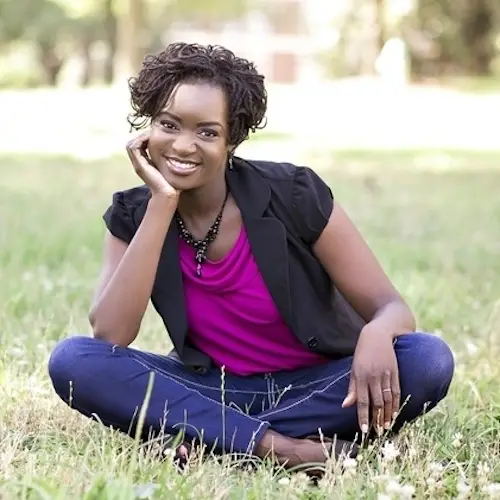Get the Support You Deserve
Raising a neurodivergent child is complex — but you don’t have to do it alone.
Join the free Beautifully Complex Community Hub and get access to expert guidance, real-talk parenting tools, and a village that actually gets it.
- Free mini-course
- Private discussion boards
- Podcasts, resources & summits
Let’s help your child thrive, without losing yourself in the process.







